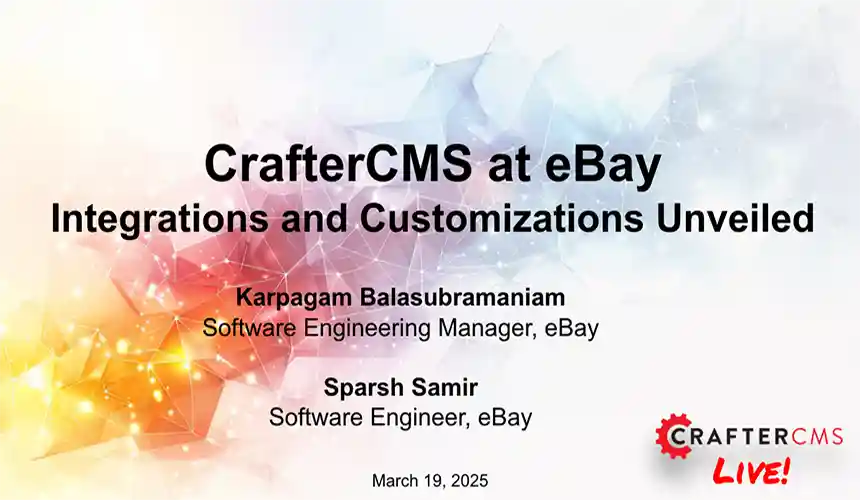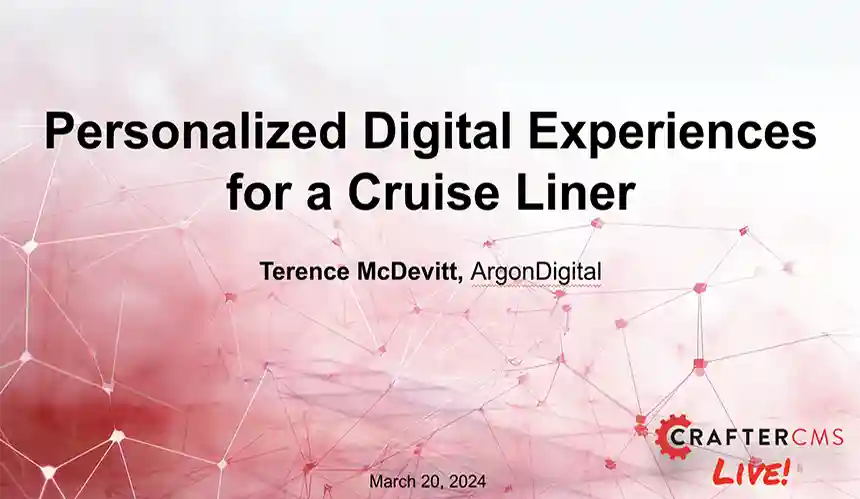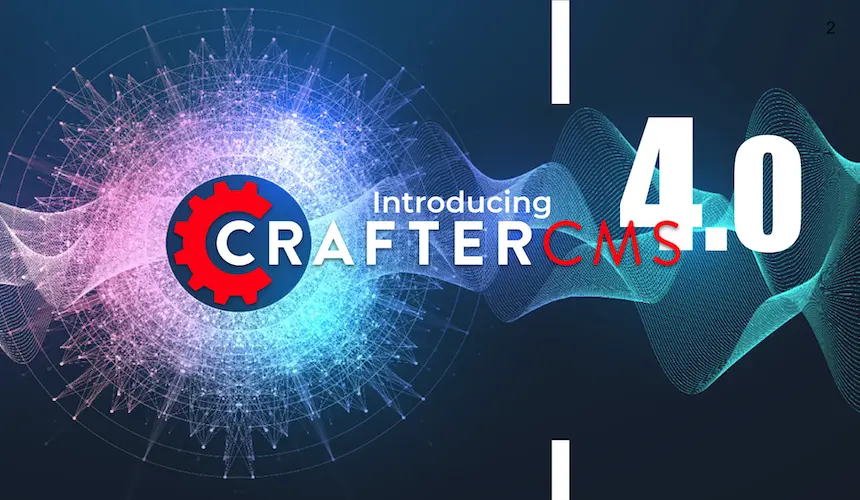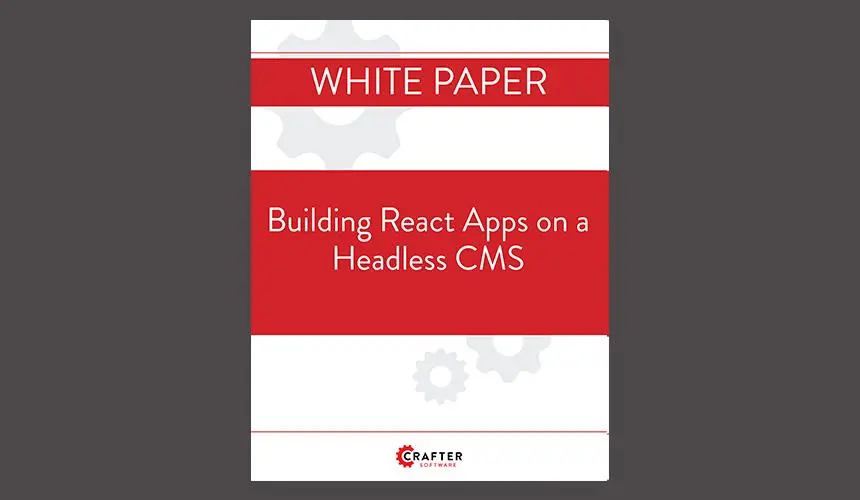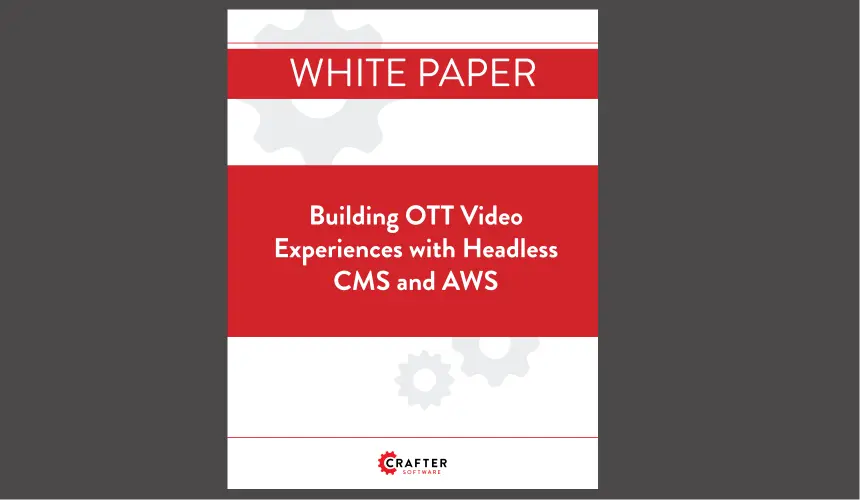From Content Author to AI Co-Creator: The Next Evolution of CMS Workflows with MCP

Amanda Lee

For over a decade, content management systems have helped teams manage digital experiences across websites, apps, and emerging channels. But in the age of generative AI, the role of the CMS is evolving once again from a system of record to a system of intelligence.
With the introduction of Model Context Protocol (MCP) support inside Crafter Studio (the CrafterCMS authoring UI), we are opening the door to a new kind of authoring experience, enabling content creators and AI assistants work together to ideate, generate, refine, and publish with unprecedented speed and creativity.
This integration turns Crafter Studio into a truly AI-connected authoring environment that allows writers, editors, and publishers to tap into any MCP-compatible AI model or tool directly from within their familiar workspace.
The result: faster content creation, smarter workflows, and more consistent digital experiences within CrafterCMS’s secure, enterprise-grade framework.
What Is MCP and Why It Matters
Before we explore how it enhances authoring, let’s briefly unpack what Model Context Protocol actually is.
MCP is an emerging open standard for connecting AI models with external tools, APIs, and data sources. It allows large language models (LLMs) and AI assistants to safely and reliably interact with systems like content repositories, search engines, and workflow APIs.
In practical terms, MCP acts like a bridge between your CMS and your AI assistant. It defines how the AI can:
-
Access context (such as content items, metadata, workflows)
-
Execute actions (like “update a title” or “publish a page”)
-
Retrieve or store information (for example, “fetch articles tagged ‘AI’”)
By adopting MCP, CrafterCMS ensures that its content authoring platform is open, extensible, and future-proof. It also further extends CrafterCMS's smart capabilities as an AI-native content management platform. As a result, CrafterCMS is ready to integrate with any AI model or ecosystem, without relying on proprietary connectors or closed vendor integrations.
Introducing the Crafter Studio MCP Plug-In
The new Crafter Studio MCP plug-in makes this protocol available to every content author, editor, and publisher working inside CrafterCMS.
Once enabled, the plug-in allows Crafter Studio to connect to any MCP client or AI assistant, such as ChatGPT, Anthropic Claude, or custom AI agents running in the cloud or within enterprise infrastructure (such as CrafterQ).
This means an author can now:
-
Ask an AI assistant to generate content based on structured templates or existing entries
-
Request edits, summaries, or translations in real time
-
Automate workflow actions (e.g., submit for review, schedule for publishing)
-
Interact conversationally with the CMS, as if “talking to their content”
Behind the scenes, the MCP plug-in maps Crafter Studio’s APIs (content editing, workflow, versioning, etc.) into a set of exposed AI-accessible tools. Each tool is explicitly defined, secure, and context-aware, all of which ensures that AI interactions are safe, auditable, and aligned with enterprise governance policies.
From Content Author to AI Co-Creator: Generative Workflows in Action
So what does this look like in real-world authoring? Let’s walk through a few examples of AI-enhanced workflows now available in Crafter Studio through MCP.
1. Idea Generation and Drafting
Instead of starting from a blank page, authors can now collaborate with an AI assistant to brainstorm ideas or generate first drafts.
💬 “Generate a 500-word article draft for our sustainability blog using the latest product release notes as reference.”
The AI, through MCP, can access the release notes stored in CrafterCMS, synthesize the key points, and generate a draft right inside the Studio editor. The author can then review, refine, and approve the content, cutting ideation time dramatically.
2. Tone and Style Optimization
Every brand has a distinct voice. With MCP, authors can use AI to ensure every piece of content stays on brand.
💬 “Rewrite this paragraph in a friendlier tone suitable for social media.”
💬 “Adjust this product description to match our enterprise voice guidelines.”
Because MCP allows the AI to access CrafterCMS’s content model and metadata, it can apply tone rules and stylistic patterns specific to the project or site, ensuring consistent editorial quality across all channels.
3. Multilingual Translation and Localization
Managing global sites has never been easier. Authors can now translate and localize content directly within Crafter Studio using AI via MCP, ensuring that translations respect the structure of localized components.
💬 “Translate this page into Spanish, maintaining existing links and metadata.”
💬 “Generate localized taglines for our French microsite.”
By using MCP tools that connect to translation models or enterprise translation APIs, organizations can automate multilingual content pipelines while retaining full editorial oversight.
SEO, Accessibility, and Compliance Checks
With MCP, Crafter Studio can connect AI tools for real-time analysis and optimization.
💬 “Check this blog post for SEO best practices and suggest meta descriptions.”
💬 “Scan for accessibility issues in images or headings.”
💬 “Ensure this content meets our financial disclosure policy.”
Each of these actions is executed as an MCP tool call, which means it’s fully integrated, repeatable, and version-controlled within CrafterCMS’s DevContentOps workflow.
5. Workflow Automation and Publishing Commands
Beyond content editing, MCP can help streamline operational workflows.
💬 “Submit this page for review by the marketing team.”
💬 “Schedule this update for Friday at 10 AM.”
💬 “Publish all approved articles tagged ‘Event 2025’.”
Through MCP, these conversational commands are translated into actual Crafter Studio workflow actions. The AI doesn’t bypass governance; instead, it works through CrafterCMS’s existing workflow APIs, preserving approvals, versioning, and audit trails.
Why MCP Is the Right Foundation for AI in the CMS
While many CMS vendors are adding AI assistants via proprietary APIs, CrafterCMS’s adoption of MCP reflects a deeper philosophy: AI should be open, transparent, and user-controlled.
With MCP:
-
Enterprises maintain sovereignty over their data and models so they can connect to internal AI systems or cloud-based ones as they choose.
-
Developers can extend the CMS with custom MCP tools, adding new AI capabilities without waiting for vendor updates.
-
Authors benefit from a consistent experience, as MCP-compatible AI assistants can interoperate across authoring, delivery, and DevContentOps workflows.
This open approach aligns perfectly with CrafterCMS’s heritage as an open-source, headless “plus” CMS that combines flexibility, composability, and user empowerment.
The AI-Native Future of Content Management
MCP is more than a plug-in. It represents a new architecture for AI-native content operations that’s conversational, extensible, and collaborative.
In Crafter Studio, it enables:
-
Real-time collaboration between humans and AI
-
Seamless integration between content creation, optimization, and publishing
-
Secure and auditable automation across the content lifecycle
And this is just the beginning. Future enhancements will extend MCP-enabled AI workflows deeper into CrafterCMS’s ecosystem ranging from delivery (Crafter Engine) to analytics, personalization, and DevContentOps automation.
In the near future, teams will be able to say:
“AI, clone this campaign microsite.”
“Generate a new landing page using the latest product release data.”
“Analyze last quarter’s content performance and suggest improvements.”
All from within Crafter Studio, through flexible, secure MCP interactions.
Conclusion: Empowering the Human Creator
AI is not replacing content authors. It’s augmenting them by freeing creative professionals to focus on storytelling, strategy, and innovation rather than repetitive tasks.
By integrating Model Context Protocol directly into Crafter Studio, CrafterCMS is empowering authors to become AI co-creators who can easily leverage intelligent, context-aware assistants that understand their content, workflows, and goals.
The future of content management is not just about managing pages and assets. It’s about managing ideas, context, and collaboration between humans and machines, working together to shape the next generation of digital experiences.
Learn more
Watch our recorded webinar, Unlock AI Powered Digital Experiences with MCP for CrafterCMS, to explore how to leverage MCP within CrafterCMS for intelligent, flexible, and secure digital experiences.
Related Posts

Headless CMS for QSR: Powering Digital-First Quick Service Restaurants

Amanda Jones

AI Skills for CMS-Based Web Development

Sara Williams
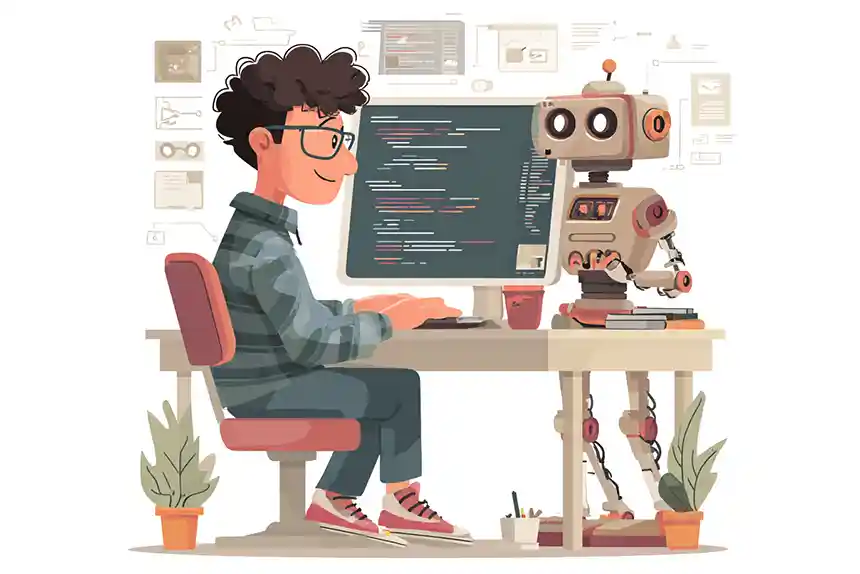
What Are AI Skills? From Intelligent Assistance to Executable Capabilities

Amanda Lee
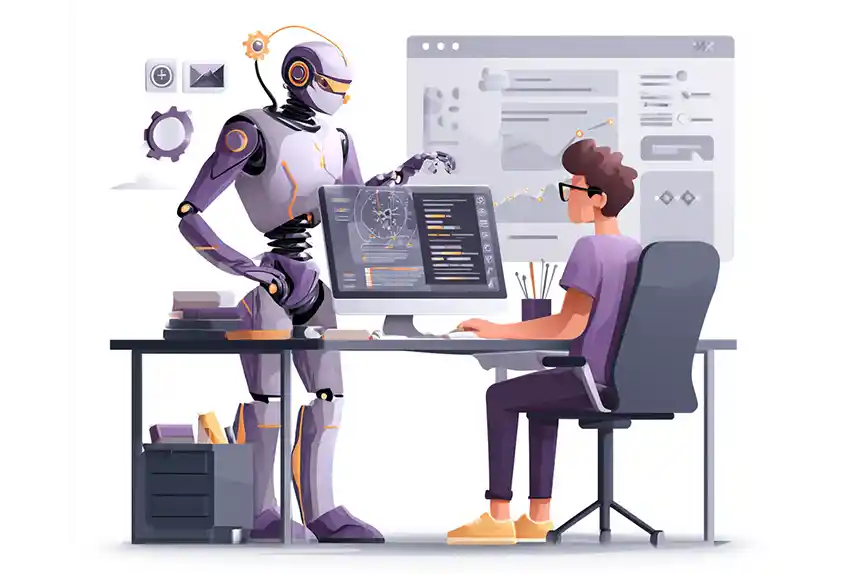
From HTML Template to Fully Managed Experience in Minutes: CrafterCMS + AI-Powered Workflows

Sara Williams






